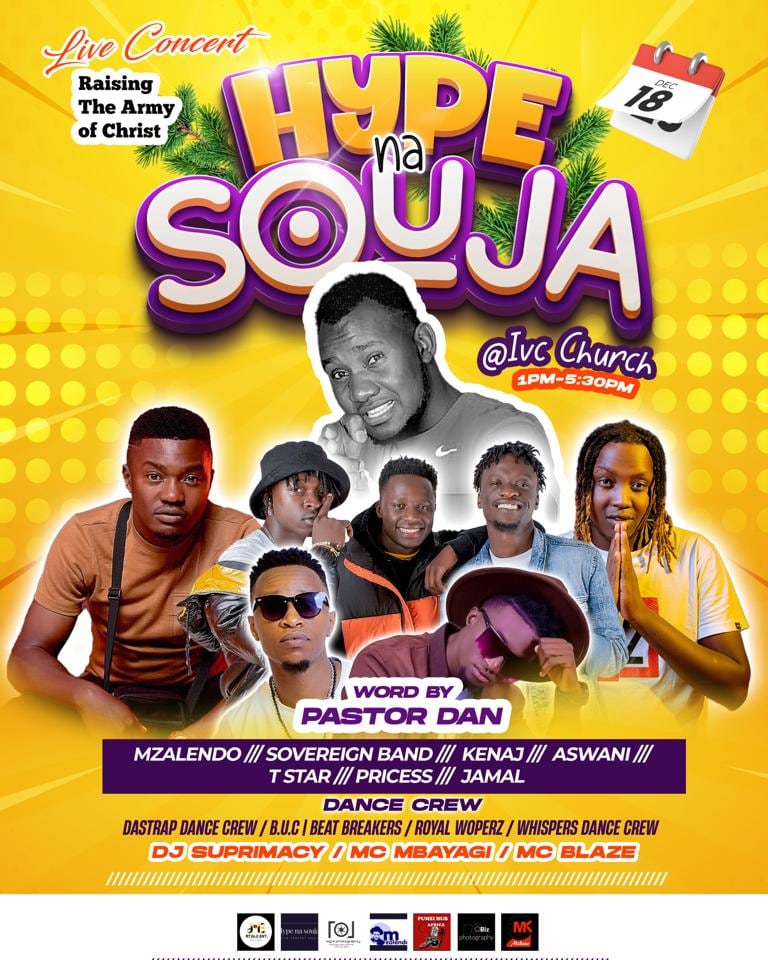In the late 2000’s Lagos, Nigeria, a musical movement emerged that would soon reverberate across continents, captivating ears and hearts worldwide. Afrobeat, a genre born from the fusion of traditional African rhythms, jazz, funk, and highlife music, has transcended borders to become a cultural phenomenon of immense popularity and influence.
Rooted in the visionary sounds of Nigerian musical icon Fela Kuti in the late 1960s and 1970s, Afrobeat was not merely a genre but a platform for social and political commentary. Fela’s music embodied the spirit of resistance against oppression and corruption, resonating with audiences seeking both rhythm and revolution. His bold lyrics and infectious grooves attracted a loyal following, laying the foundation for Afrobeat’s ascent to global prominence.

Fast forward to the present day, and Afrobeat has evolved into a vibrant tapestry of sounds, blending traditional African instrumentation with modern elements of hip-hop, reggae, and electronic music. Artists like Burna Boy, Wizkid, and Davido have propelled Afrobeat onto the international stage, earning Grammy nominations and collaborating with top artists from diverse genres.
One of the key drivers behind Afrobeat’s global growth is its infectious rhythm and danceability. Characterized by complex polyrhythms, pulsating beats, and hypnotic melodies, Afrobeat possesses an irresistible energy that transcends language barriers. Whether it’s the infectious groove of a Fela Kuti classic or the contemporary beats of a Burna Boy hit, Afrobeat’s rhythmic allure has captivated audiences from Lagos to London, from New York to Tokyo.
Moreover, the rise of digital platforms and social media has played a pivotal role in amplifying Afrobeat’s reach. With platforms like YouTube, Spotify, and SoundCloud providing a global stage for artists to showcase their music, Afrobeat has found a captive audience eager to explore its rich sonic tapestry. From viral dance challenges to curated playlists, the online ecosystem has facilitated the spread of Afrobeat culture, sparking a newfound appreciation for African music traditions.
Beyond its musical appeal, Afrobeat’s cultural significance cannot be overstated. As a genre rooted in the African experience, Afrobeat serves as a powerful vehicle for cultural exchange and celebration. Its themes of resilience, unity, and pride resonate with audiences around the world, fostering a sense of connection and solidarity across borders.
In conclusion, the growth and popularity of Afrobeat music represent more than just a musical trend; it’s a testament to the power of rhythm, culture, and community. As Afrobeat continues to captivate hearts and minds globally, its influence on contemporary music and culture is undeniable, ushering in a new era of rhythmic revolution. So, plug in those headphones, feel the groove, and join the global celebration of Afrobeat’s unstoppable rise.


